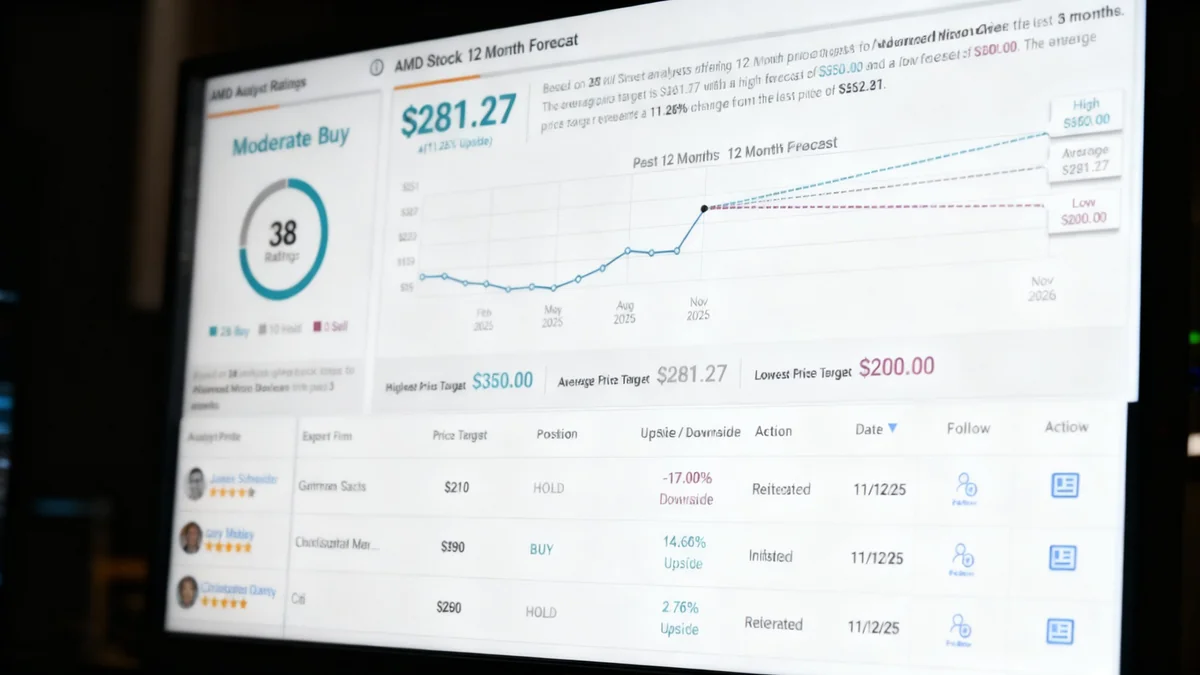Yahoo, a prominent member of the Yahoo family of brands, collects and utilizes personal data from its users and shares this information with partners. Users have specific rights regarding their data, including the ability to manage privacy settings and opt out of certain data uses. Understanding these practices is crucial for maintaining digital privacy.
Key Takeaways
- Yahoo shares user data with partners for various purposes.
- Users can decline additional data uses by partners.
- Privacy settings can be customized through a dedicated dashboard.
- Consent for data usage can be revoked at any time.
- Yahoo's Privacy Policy and Cookie Policy provide detailed information.
Understanding Yahoo's Data Collection
Yahoo operates a network of sites and applications. This includes well-known platforms like Yahoo itself, AOL, Engadget, In The Know, and Makers. Across these platforms, Yahoo collects various types of user data. This data collection is a standard practice for many online services. It supports personalized experiences and advertising.
The company explicitly states that it, along with its partners, uses cookies and personal data. These uses extend beyond essential service functions. They include activities such as personalized advertising, content recommendations, and analytics. Users often encounter these data requests when first visiting Yahoo properties.
Fact: The Yahoo Brand Family
- Yahoo
- AOL
- Engadget
- In The Know
- Makers
These are some of the key platforms under the Yahoo umbrella that engage in data collection.
User Control Over Personal Data
Yahoo provides mechanisms for users to manage how their personal data is used. One primary option is to refuse all additional data uses by partners. This means users can prevent Yahoo's partners from using cookies and personal data for purposes beyond what is strictly necessary for the service.
This refusal option is a direct response to privacy regulations. It aims to give individuals more control. When a user opts to refuse, it limits the scope of data sharing. This can impact the personalization of services or advertisements received on Yahoo's platforms.
"If you do not wish for our partners and us to use cookies and your personal data for these additional purposes, click Refuse all." – Yahoo Privacy Statement
Customizing Privacy Settings
Beyond a blanket refusal, users can customize their privacy choices. This is done through a 'Manage privacy settings' option. This feature allows for granular control. Users can select which specific data uses they approve or disapprove. This level of detail is important for users who want a tailored privacy experience.
For example, a user might agree to data collection for site functionality but decline it for targeted advertising. The privacy dashboard serves as a central hub for these adjustments. It reflects a commitment to user choice in data management.
Context: Importance of Data Privacy
In the digital age, personal data is valuable. It fuels many online business models. However, it also raises concerns about privacy and security. Companies like Yahoo must balance business needs with user rights. Regulations such as GDPR and CCPA emphasize user consent and control over personal information.
Revoking Consent and Accessing Policies
Users are not locked into their initial choices. Yahoo explicitly states that consent can be revoked or choices modified at any time. This flexibility is a key aspect of modern privacy frameworks. It empowers users to adapt their preferences as needed.
The links for 'Privacy and Cookie Settings' or the 'Privacy Dashboard' are available on Yahoo's sites and applications. These links provide direct access to manage preferences. They ensure that users can easily revisit and change their data sharing decisions.
To fully understand Yahoo's data handling, users can review two key documents:
- Privacy Policy: This document details how Yahoo collects, uses, stores, and shares personal data. It covers a broad range of data practices.
- Cookie Policy: This policy specifically explains the use of cookies and similar tracking technologies. It describes their purpose and how users can manage them.
Impact of Data Choices
The choices users make about their data can have various impacts. Opting out of personalized advertising may result in seeing less relevant ads. However, it can also reduce the amount of personal data shared with third parties. This trade-off is often a personal decision based on individual comfort levels with data privacy.
According to industry reports, a significant percentage of internet users are becoming more conscious of their online privacy. Data from a 2023 survey by Pew Research Center indicated that 75% of Americans are concerned about how companies use their data. This trend highlights the importance of transparent privacy practices.
The Role of Cookies and Tracking Technologies
Cookies are small text files stored on a user's device. They help websites remember information about the user. Yahoo and its partners use various types of cookies:
- Strictly Necessary Cookies: Essential for website functionality.
- Performance Cookies: Collect anonymous data on how users interact with a website.
- Functionality Cookies: Remember user preferences and choices.
- Targeting/Advertising Cookies: Used to deliver relevant advertisements to users.
Beyond cookies, other tracking technologies are also employed. These can include web beacons, pixels, and local storage. These technologies serve similar purposes: to understand user behavior, personalize content, and facilitate advertising. Managing privacy settings typically allows users to control these as well.
Quick Stat: Digital Ad Spending
Global digital ad spending reached approximately $626 billion in 2023. A significant portion of this relies on user data for targeting and personalization, underscoring why companies like Yahoo engage in extensive data practices.
Regulatory Landscape and Compliance
Yahoo's privacy practices are influenced by global data protection regulations. The General Data Protection Regulation (GDPR) in Europe and the California Consumer Privacy Act (CCPA) in the United States are two key examples. These regulations mandate transparency, user consent, and the right to access or delete personal data.
Compliance with these laws requires companies to clearly inform users about their data practices. It also necessitates providing easy ways for users to exercise their data rights. Yahoo's privacy dashboard and policy documents are designed to meet these regulatory requirements. They aim to build trust with their user base by offering clarity and control.
The landscape of data privacy laws is continuously evolving. Companies must regularly update their policies and systems to remain compliant. This commitment to ongoing adaptation helps protect user interests in a dynamic digital environment.





